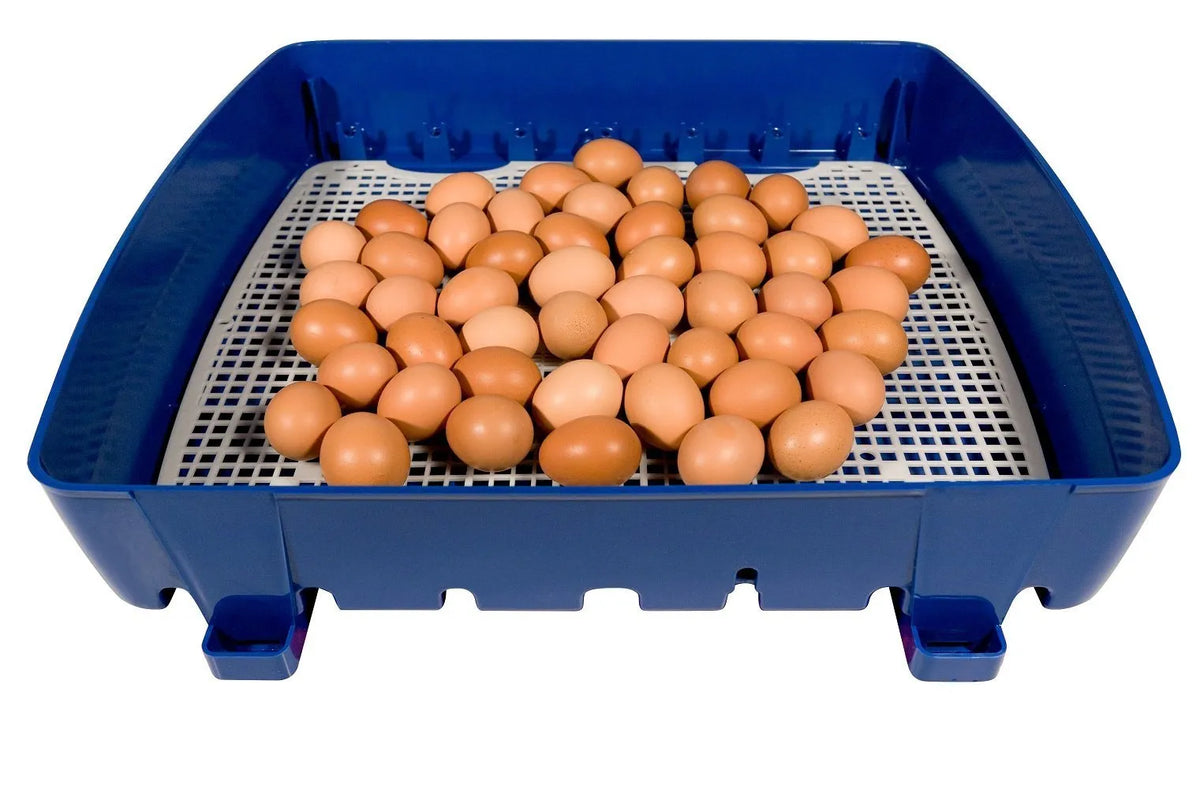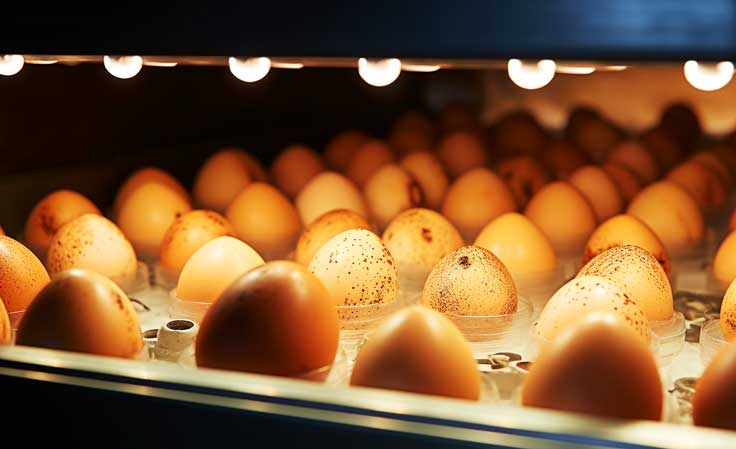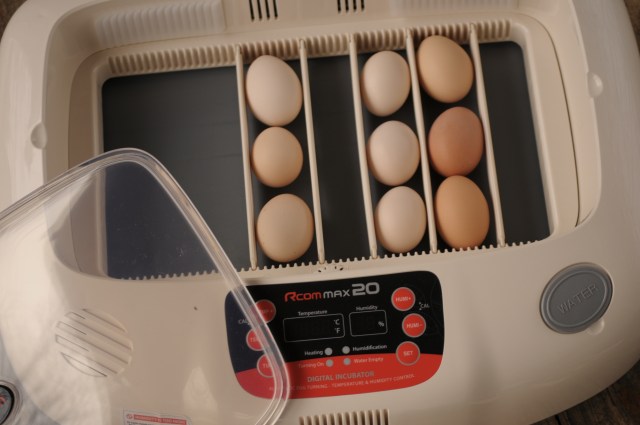When it comes to ensuring incubator safety for kids, parents and guardians have a crucial responsibility. Incubators are fascinating tools that allow children to witness the miraculous process of hatching eggs. However, its important to prioritize safety to ensure a positive and educational experience. In this article, we will explore various aspects of incubator safety and provide practical tips to protect your children.

Understanding the Importance of Incubator Safety
Incubator safety is vital for a number of reasons. First, incubators involve electrical components and heating elements, which can pose risks if not handled properly. Additionally, young children may not fully understand the delicate process of hatching, leading to accidental damage or injury. By implementing safety guidelines, parents can create a secure environment for their kids to learn and explore.
Choosing the Right Incubator for Kids
Selecting an appropriate incubator is the first step in ensuring safety. Look for models that are specifically designed for educational purposes and have safety features such as automatic shut-off and temperature control. These features help minimize potential hazards and ensure a smooth hatching process.
Setting Up the Incubator Safely
Proper setup is essential for incubator safety. Follow the manufacturer’s instructions carefully and place the incubator in a location that is out of reach for young children. Ensure that the surface is stable and away from any flammable materials. Secure all cords and cables to prevent tripping hazards.
Monitoring Temperature and Humidity Levels
Maintaining the correct temperature and humidity levels is crucial for successful hatching. Use a reliable thermometer and hygrometer to monitor these conditions regularly. Make adjustments as needed to ensure optimal conditions for the eggs. For more tips, check out this egg incubator humidity guide.
Teaching Kids About Incubator Safety
Involving children in the process of monitoring the incubator can be an educational experience. Teach them about the importance of safety measures and demonstrate how to handle the incubator with care. Encourage them to ask questions and be curious about the hatching process.
Handling Eggs with Care
Show your children how to handle eggs delicately and explain why it is important to avoid shaking or dropping them. Emphasize the importance of washing hands before and after handling eggs to prevent contamination.
Understanding the Hatching Process
Explain the stages of the hatching process to your children. Help them understand what to expect and how they can contribute to a successful hatch. Use resources like this guide to hatching chicks for more information.
Dealing with Emergencies
Prepare your children for potential emergencies by discussing what to do in case of power outages or equipment malfunctions. Keep emergency contact numbers readily available and ensure that your children know how to reach you if needed.
Common Challenges and Solutions
Understanding common challenges can help prevent accidents and promote safety. Address issues such as temperature fluctuations, humidity inconsistencies, or equipment failures proactively. For troubleshooting tips, visit this incubator troubleshooting guide.
Maintaining the Incubator
Regular maintenance is key to ensuring incubator safety. Clean and disinfect the incubator regularly to prevent bacterial growth. Check all components for wear and tear and replace them as needed.
Creating a Safe Learning Environment
In addition to physical safety measures, create an environment that fosters learning and curiosity. Encourage your children to observe and document the hatching process, promoting a deeper understanding of nature.
Conclusion
Ensuring incubator safety for kids is a vital aspect of providing a safe and enriching educational experience. By following these guidelines and fostering a sense of responsibility in your children, you can enjoy a rewarding journey of discovery together.

FAQ
What is the ideal temperature for an incubator?
The ideal temperature for an incubator is usually around 99.5F (37.5C). It’s crucial to maintain this temperature consistently for successful hatching.
How can I ensure the incubator is safe for my kids?
Ensure that the incubator has safety features like automatic shut-off and is placed in a secure location. Educate your children on how to handle it carefully.
What should I do in case of a power outage?
In case of a power outage, have a backup power source ready or a plan to transfer the eggs to a pre-heated alternative incubator.
This article contains affiliate links. We may earn a commission at no extra cost to you.











